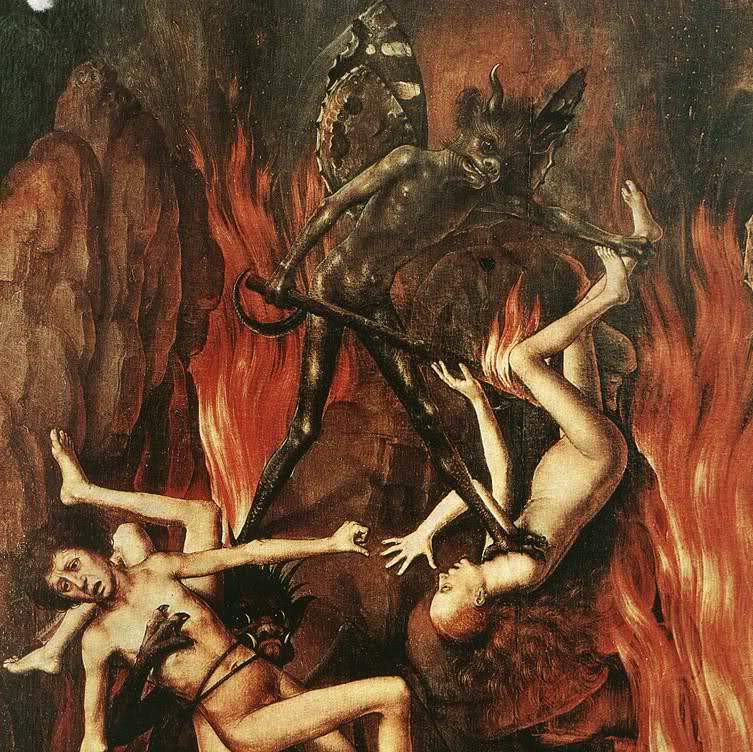Some Concepts of the Burning Hell
The idea of an ever-burning hell has frightened countless millions! – What really happens to the wicked after death? Are they “doomed to hell,” where their “souls” roast in “torment” forever? If hell exists, and the wicked go there, where is it and what is it? And when do they go? What about the resurrection of the dead?
In Abrahamic contexts, sin is the act of violating God’s will. Sin can also be viewed as anything that violates the ideal relationship between an individual and God; or as any diversion from the ideal order for human living. To sin has been defined as “to miss the mark”.
In many mythological, folklore and religious traditions, hell is a place of eternal torment in an afterlife, often after resurrection. It is viewed by most Abrahamic traditions as a place of punishment. Early Judaism had no concept of Hell, though the concept of an afterlife was introduced during the Hellenic period, apparently from neighboring Hellenistic religions.
In many religious cultures, including Christianity and Islam, Hell is traditionally depicted as fiery and painful, inflicting guilt and suffering. So when one sin’s one is bound for hell, where he or she may burn in eternal fire. That is the thing, how can a human body that has burned to ashes – burn again and again?
If hell’s fire will burn for eternal, the entire human body has to be “re-designed” by the creator. The human body will have to have the “re-generation” DNA coded into them as the burning of flesh cannot be reversed with the DNA or the healing power of present day human body. One visit to a burn unit of an hospital would state that very fact. Humans will have to have the regeneration power of the comic book character Wolverine in order to successfully suffer the eternal fires of hell.
But then again according to Jewish teachings, hell is not entirely physical; rather, it can be compared to a very intense feeling of shame. People are ashamed of their misdeeds and this constitutes suffering which makes up for the bad deeds. But of course Islam says all non-Muslims will burn in eternal hell as does the Bible which says all non-Christians will burn in hell.
The following has been extracted from YAHOO answers :
QUESTION : Where did the concept of “hell” originate?
I was just wondering if someone had any idea of where the concept of “hell” originated. It seems that earlier religions had no hell, or had hell as a sort of resting place or pergatory, however scince the advent of Christianity the concept of an eternal lake of fire has found it’s way into a fair few religions, most notably Christianity and Islam. Does anyone know where this concept actually came from, is it from an embellished version of Hades?
ANSWER (by ktbug3335) :
I saw a fun A&E special about the history of the idea of Hell called “Hell: The Devil’s Domain”. I say “fun” because it was more sensationalistic than informative, but the foundations were there. Essentially, the middle ages Catholic church is responsible for the lion’s share of how hell is conceived in the modern world (some idea of reward or punishment based on your life’s deeds goes back to the ancient Greeks or even earlier). But the specific tortures awaiting us, the one path to avoiding hell, the iconography that we know and love, they all come back to the Catholic church. Thanks, Cath-os.

